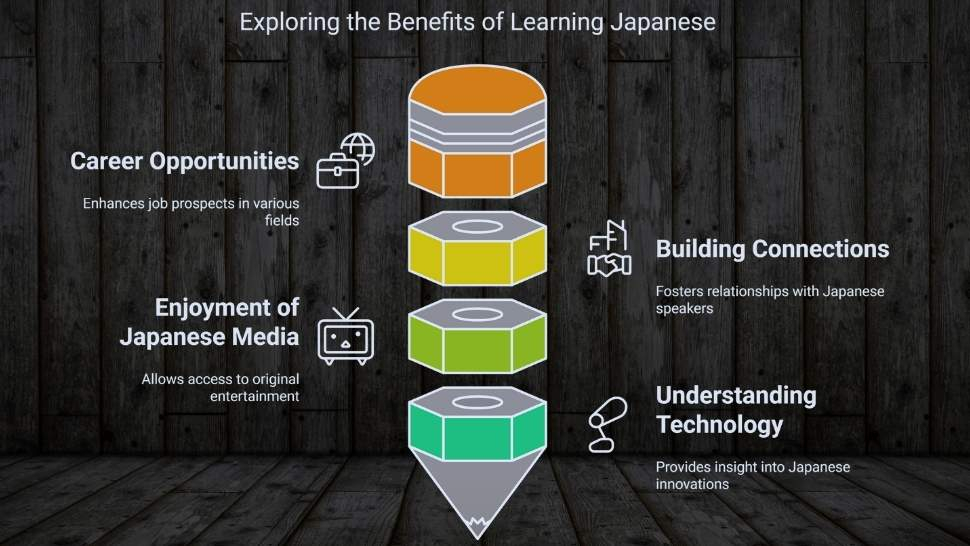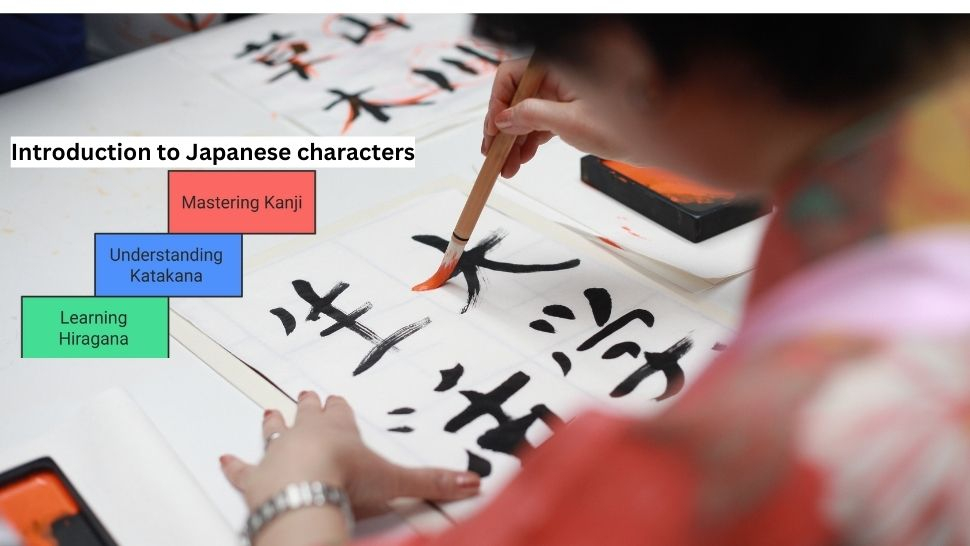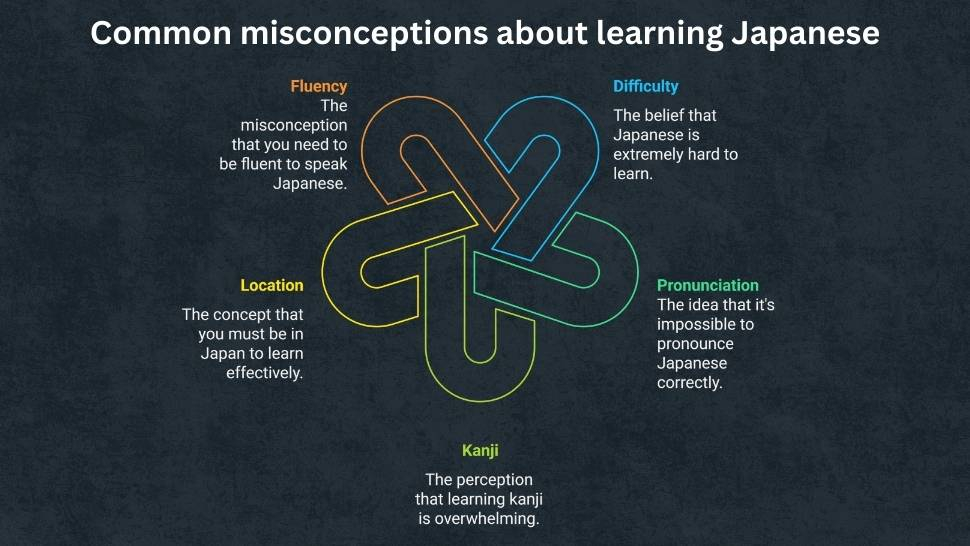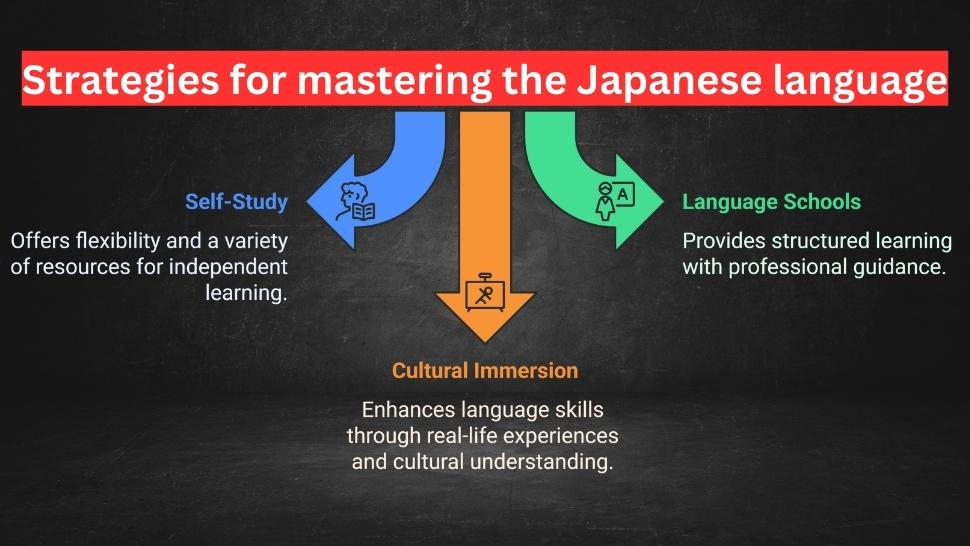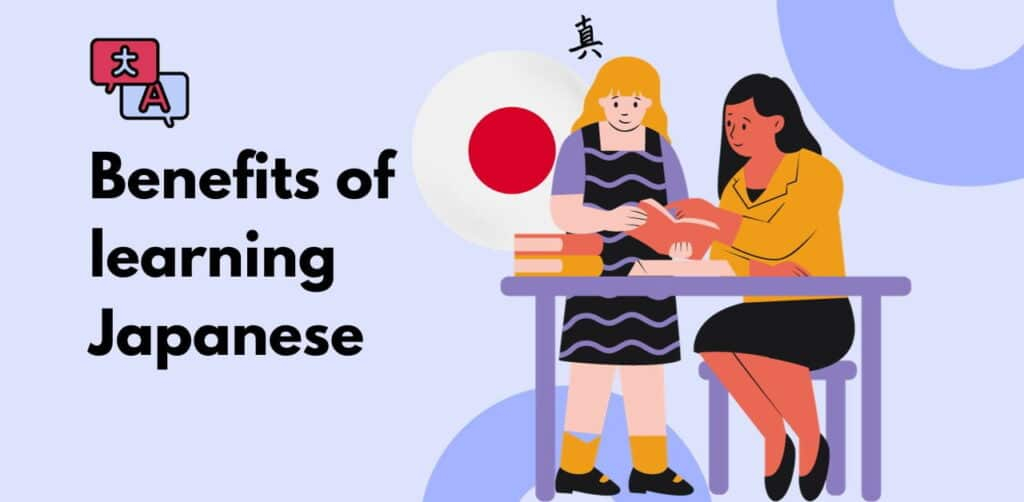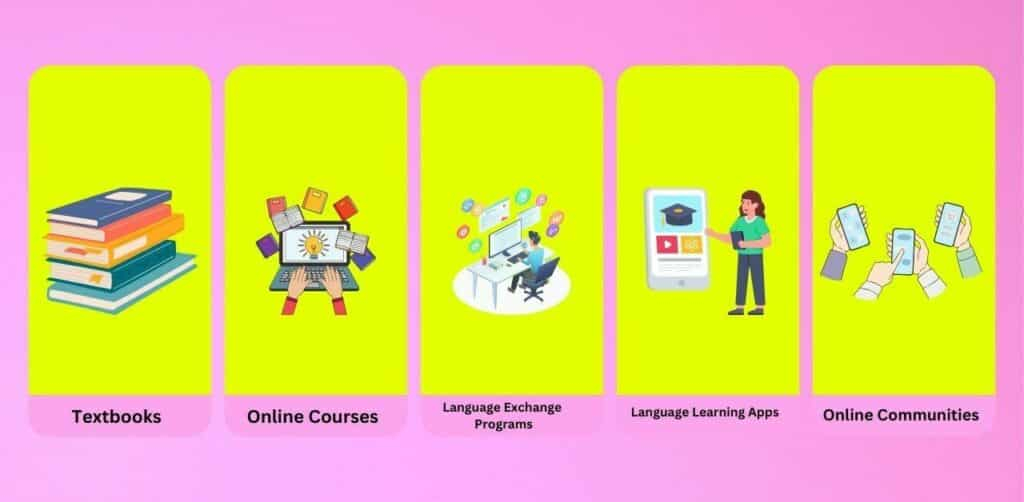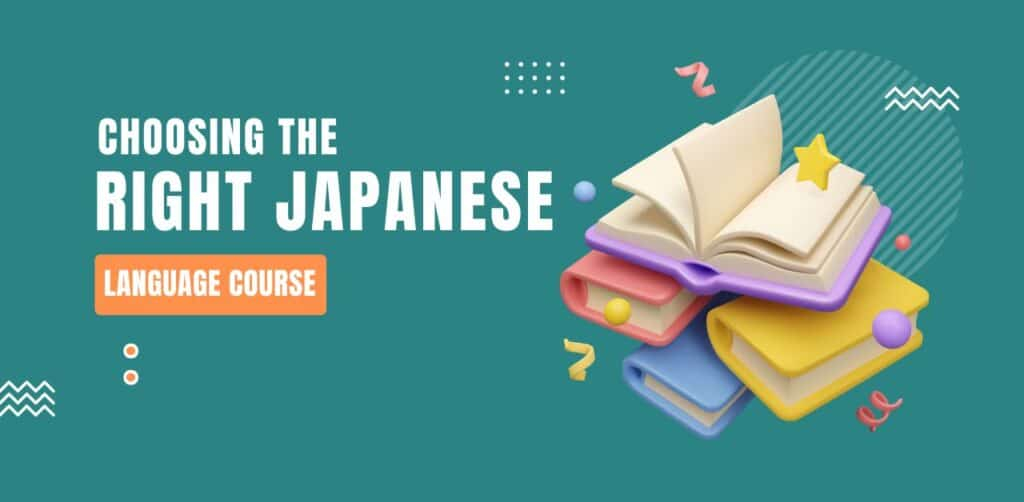How to Apply for a Student Visa for Japan from Bangladesh
Step-by-Step: How to Apply for a Student Visa for Japan from Bangladesh

Are you a Bangladeshi student dreaming of studying in Japan? If that’s the case, you’ve discovered the ideal destination! In this step-by-step guide, we will walk you through the process of applying for a student visa for Japan from Bangladesh.
Japan is known for its world-class education system, cutting-edge technology, and unique cultural experiences. According to The Times Higher Education, there are two universities in the top 100. By obtaining a student visa, you can immerse yourself in this fascinating country while pursuing your academic goals.
Applying for a student visa can seem overwhelming, but we’ve got you covered. From gathering the necessary documents to navigating the application process, we will provide you with the essential information you need to successfully apply for a student visa for Japan from Bangladesh.
Our comprehensive guide will take you through each stage, breaking down complex requirements and procedures into easy-to-follow steps. Whether you’re interested in language courses, undergraduate programs, or postgraduate studies, we will equip you with the knowledge and resources to make your dream of studying in Japan a reality.
So, let’s get started on your exciting journey to Japan!
Why choose Japan for higher education?

Japan has become an increasingly popular destination for international students seeking higher education. The country offers a unique blend of technological advancements, rich cultural heritage, and academic excellence. Here are some compelling reasons why you should consider studying in Japan:
- World-class education system: Japan is home to numerous prestigious universities and institutions renowned for their academic rigor and research opportunities. The country consistently ranks high in global university rankings, ensuring a high-quality education.
- Cutting-edge technology: Japan is known for its technological advancements and innovation. Studying in Japan provides students with access to state-of-the-art facilities and research opportunities in fields like robotics, engineering, and information technology.
- Cultural immersion: Immerse yourself in Japan’s rich and unique culture, from traditional tea ceremonies to modern pop culture. Living in Japan will give you the chance to explore historic sites, experience vibrant festivals, and learn about the country’s fascinating customs and traditions.
- Career prospects: Japan offers excellent career opportunities for international students. The country has a strong job market, especially in sectors like technology, engineering, and business. Studying in Japan can enhance your employability and open doors to a global career.
- Safety and quality of life: Japan is renowned for its safety, cleanliness, and high quality of life. The country offers a welcoming and supportive environment for international students, ensuring a comfortable and enriching experience.
Understanding the student visa process
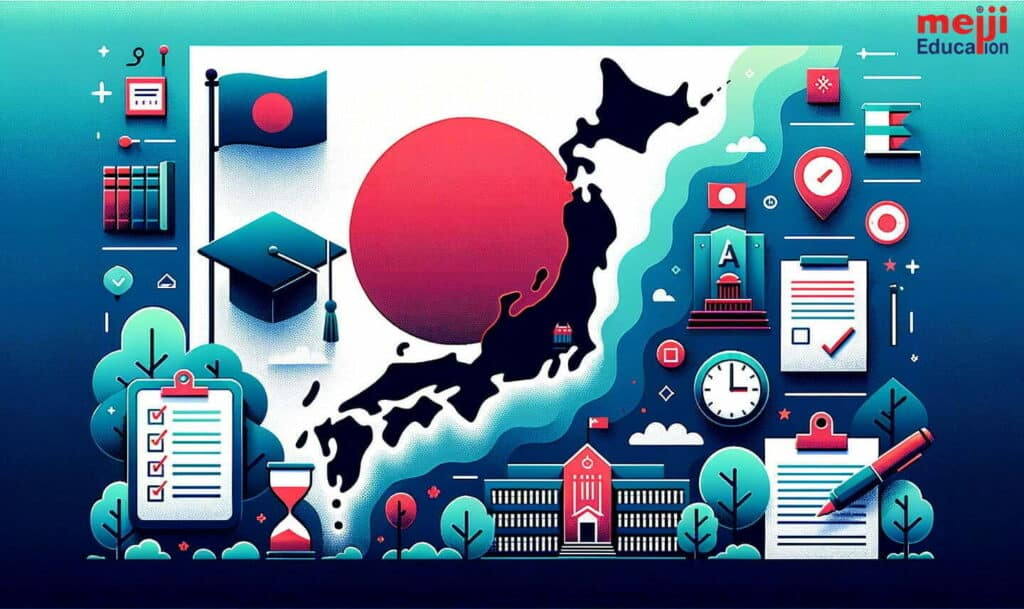
Before diving into the application process, it’s crucial to understand the basics of the student visa process for Japan. Here’s a comprehensive snapshot of the essential insights:
- Visa types: Japan offers various types of student visas, depending on the duration and nature of your studies. The most common type is the “College Student” visa, which covers undergraduate, graduate, and research students. Other visa types include the “Precollege Student” visa for language courses and the “Cultural Activities” visa for non-degree programs.
- Visa duration: The duration of your student visa will depend on the length of your course. Generally, undergraduate and language programs have a visa duration of up to 2 years, while graduate programs can extend up to 4 years. Research students can obtain a visa for up to 5 years.
- Eligibility requirements: To be eligible for a student visa, you must have been accepted into a recognized educational institution in Japan. Additionally, you need to prove that you have sufficient funds to cover your tuition fees and living expenses during your stay.
- Visa application process: The visa application process involves several steps, including gathering the necessary documents, completing the application form, and scheduling a visa interview. It is essential to start the application process well in advance to allow sufficient time for processing.
Now that you have a basic understanding of the student visa process, let’s dive into the step-by-step guide on how to apply for a student visa for Japan from Bangladesh.
Step 1: Researching Japanese universities and programs
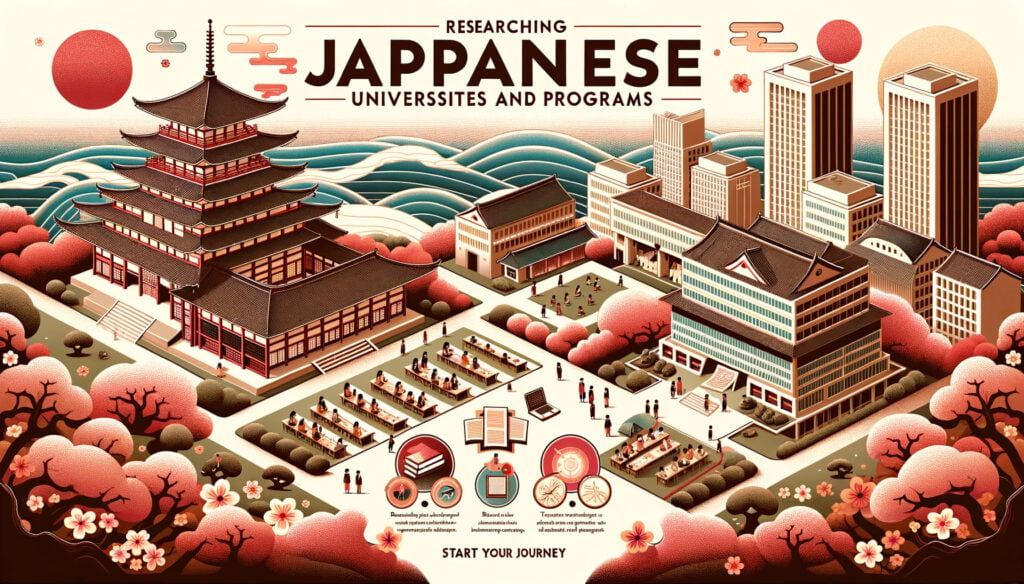
Choosing the right university and program is a crucial first step in your journey to studying in Japan. Here’s how you can conduct thorough research to make informed decisions:
- Identify your interests and goals: Determine your academic interests and career goals to narrow down the universities and programs that align with your aspirations.
- Research university rankings: Explore university rankings to get an idea of the academic reputation and quality of education offered by different institutions in Japan.
- Check program requirements: Review the admission requirements for the programs you’re interested in, including language proficiency exams, academic transcripts, and recommendation letters.
- Consider location and campus life: Take into account the location of the university and the campus facilities available. Think about your preferences regarding urban or rural settings and the extracurricular activities and clubs offered.
By conducting thorough research, you can shortlist universities and programs that best suit your academic and personal preferences.
Step 2: Meeting the requirements for a student visa

To apply for a student visa to Japan, you need to meet certain requirements. Here’s what you need to consider:
- Acceptance from a recognized institution: Ensure that you have received an acceptance letter or certificate of enrollment from a recognized educational institution in Japan.
- Proof of financial capability: Demonstrate that you have sufficient funds to cover your tuition fees, living expenses, and return transportation. This can be done by providing bank statements, scholarship letters, or sponsorship documents.
- Health insurance coverage: Obtain comprehensive health insurance that covers your entire stay in Japan. Some universities may require you to purchase their designated insurance plan.
- Language proficiency: Depending on the program you’re applying for, you may need to demonstrate proficiency in the Japanese language. This can be done through language proficiency tests like the JLPT (Japanese Language Proficiency Test).
To guarantee a seamless visa application procedure, it’s imperative to fulfill these criteria.

For an Inquiry about Japan: (880) 1930-350350
Step 3: Gathering necessary documents

To secure a student visa, it’s essential to compile a comprehensive set of required documents. Below is a curated list of the crucial documents you’ll require:
- Valid passport: Ensure your passport maintains a validity of at least six months beyond your anticipated departure date from Japan.
- Visa Application Procedure: Ensure you meticulously fill out the visa application form, ensuring clarity and accuracy. The requisite form is available for download on the official website of the Japanese Embassy or Consulate General in Bangladesh.
- Acceptance letter: Include the original or a photocopy of your acceptance letter or certificate of enrollment from the educational institution in Japan.
- Financial documents: Provide bank statements or sponsorship letters that demonstrate your ability to finance your education and living expenses in Japan.
- Health insurance certificate: Submit proof of comprehensive health insurance coverage that is valid in Japan.
- Academic transcripts: Include your academic transcripts and certificates from previous educational institutions.
- Recommendation letters: Obtain recommendation letters from professors or teachers who can vouch for your academic abilities and character.
- Passport-sized photographs: Provide several recent passport-sized photographs that meet the specific requirements outlined by the Embassy or Consulate General.
Remember to check the specific requirements of the Embassy or Consulate General of Japan in Bangladesh, as additional documents may be required.
Step 4: Completing the application form
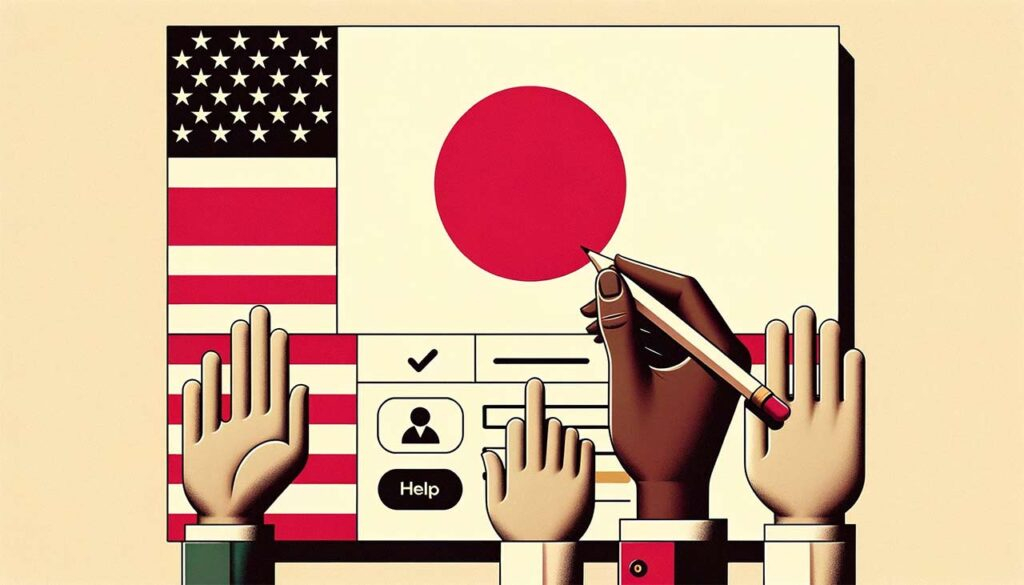
Completing the visa application form accurately is crucial for a successful visa application. Here are some tips to help you navigate the process:
- Download the form: Download the visa application form from the official website of the Embassy or Consulate General of Japan in Bangladesh. Please ensure you’re working with the most recent version of the form for optimal accuracy and efficiency.
- Fill in the form: Carefully fill in the form with accurate and up-to-date information. Pay attention to details such as spelling, dates, and contact information.
- Follow the instructions: Read the instructions provided with the application form thoroughly. Follow the guidelines regarding photo specifications, signature requirements, and document submission.
- Seek assistance if needed: If you have any doubts or difficulties while completing the application form, don’t hesitate to seek guidance from the Embassy or Consulate General of Japan in Bangladesh or consult with a professional visa agent.
Double-check your application form for any errors or missing information before proceeding to the next step.
Step 5: Submitting the visa application

Once you have completed the application form and gathered all the necessary documents, it’s time to submit your visa application. Adhere to the following guidelines to ensure a seamless submission process:
- Make an appointment: Contact the Embassy or Consulate General of Japan in Bangladesh to schedule an appointment for submitting your visa application.
- Prepare the application package: Assemble all the required documents neatly and in the specified order. Include a cover letter summarizing the contents of your application package.
- Pay the visa fee: Check the visa fee amount and payment methods specified by the Embassy or Consulate General. Ensure that you have the correct amount and form of payment.
- Attend the appointment: On the scheduled date and time, visit the Embassy or Consulate General to submit your application package. Be prepared for any additional questions or requests for further documentation.
- Obtain a receipt: After submitting your application, you will receive a receipt or tracking number. Keep this safe, as you will need it for tracking the status of your application.
Congratulations! You have successfully submitted your student visa application for Japan. Now, let’s move on to the next step: preparing for the visa interview.
Step 6: Preparing for the visa interview

A visa interview is a crucial part of the student visa application process. Here are some tips to help you prepare:
- Research common interview questions: Familiarize yourself with common visa interview questions and prepare thoughtful and concise answers. Refine your answers to exude clarity and project confidence.
- Review your application: Go through your application package and be prepared to provide additional details or clarification if required during the interview.
- Dress professionally: Dress appropriately for the interview. Aim for a professional and neat appearance to make a positive impression.
- Arrive early: Plan your travel to the Embassy or Consulate General, allowing ample time for unexpected delays. Arriving early shows punctuality and preparedness.
- Stay poised and self-assured: Throughout the interview, exude serenity and steadiness. Lock onto the interviewer’s gaze and articulate your thoughts with clarity and conviction.
Remember, the purpose of the interview is for the visa officer to assess your genuine intent to study in Japan and ensure that you meet the necessary requirements.
Conclusion and next steps
Congratulations! You have successfully completed the process of applying for a student visa for Japan from Bangladesh. By following this step-by-step guide, you have equipped yourself with the knowledge and resources to make your dream of studying in Japan a reality.
As you await the outcome of your visa application, take this time to prepare for your exciting journey ahead. Research more about the culture, language, and academic life in Japan. Connect with current or former students who have studied in Japan to gain insights and tips.
Once you receive your student visa, it’s time to make travel arrangements, find accommodation, and finalize your enrollment at the educational institution. Stay organized and proactive throughout the process to ensure a smooth transition to your new academic journey in Japan.
Remember, studying in Japan is not just about academics; it’s an opportunity to immerse yourself in a new culture, make lifelong connections, and broaden your horizons. Embrace all the possibilities that this experience offers, and make the most of your time in Japan.
Good luck on your journey to studying in Japan, and enjoy every moment of this incredible adventure!

For Any Inquery: (880) 1930-350350
By submitting my data I agree to be contacted
How to Apply for a Student Visa for Japan from Bangladesh Read More »








